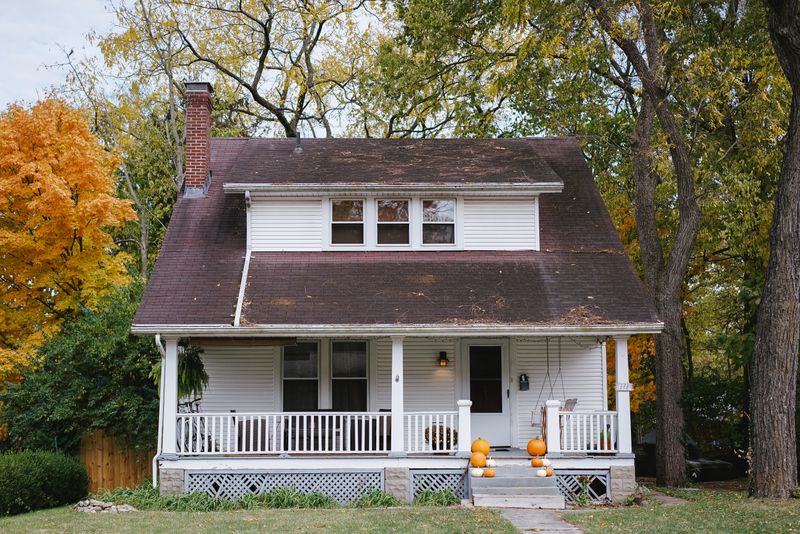
Breana is interested in becoming an architect and likes the idea of designing homes for people that are not only beautiful and functional, but also healthy and safe.

She knows architects need a degree, but wonders what else can help her have a successful career.
Explore the profession of residential architecture with Breana!

Preparing the Foundation
Breana is in high school and is preparing to enter an architecture program when she graduates. To get herself ready for the program, she's taking courses like these:
drafting or technical drawing
computer graphics and art
studio art
photography
art history
Her focus on STEM and art courses will help her develop a great background for getting into an architecture program in college.
Pouring the Foundation
Breana knows that the foundation of any building is critical. So she's dedicated to building the skills she needs to become an architect.
problem-solving and critical thinking
creativity
precision
adaptability
persistence
diligence
The Nuts & Bolts
An architectural degree will provide the knowledge and skills Breana needs to become a residential architect.
The United States and Canada both have professional accreditation organizations that provide information about architecture colleges and universities.
 Photo by Sidharth Bhatia on Unsplash
Photo by Sidharth Bhatia on UnsplashBreana needs to decide between a four-year degree program and a five-year program. In either case, she's looking for a program where she can experience different architecture types, rather than specializing.
More Than Just Window Dressing
Residential architecture is a specialty area in the larger field of architecture.

Dwelling specialties:
Single-family homes
Multi-family homes
Mansions
Apartment buildings
Condos

Other specialties:
Renovations
Green & sustainable design
Log cabins
Tiny homes
Other specific design styles
Breana isn't sure about any specialties, but she'll explore them in college internships, through continuing education credits, and through her work.
You'll Go Through the Roof
With a degree behind her, Breana has a few more years before she'll be able to call herself an architect.
During this time, she'll be gaining experience under the guidance of a practicing architect, a requirement prior to licensure.
 Photo by Zohair Mirza on Unsplash
Photo by Zohair Mirza on UnsplashAll architects need to be licensed. Specific requirements of licensure vary within the United States and between regions of Canada.
A Structurally Sound Career
An architect's job of learning is never done!
 Photo by Ricardo Gomez Angel on Unsplash
Photo by Ricardo Gomez Angel on UnsplashBreana, like all architects, is required to take time to keep up-to-date on architectural trends and regulations through continuing education credits.
Requirements for continuing education vary. However, they may include specific areas such as compliance and safety. Credits can be earned through approved webinars, college courses, and conference sessions.
Advice from a Pro
Breana is on her path to becoming a residential architect. Her curiosity about the profession has led her to find architects already in their careers to find out even more about what her career may hold.

Architecture is hard work. Like anything, it can be both challenging and rewarding. What is most exciting is that every day is different to the last, and there are so many different opportunities and paths you can take.
— Archi Mash, architect

Breana's found some professional architects to inspire her journey. Every architect needs to find their own inspiration.
Quiz
Breana's strength is in problem-solving. What can she do to build on that strength and prepare herself for this career? Select all that apply.
Take Action
 Photo by Jimmy Dean on Unsplash
Photo by Jimmy Dean on UnsplashIf you've decided that designing spaces where people can create a home is a job you want:
Your feedback matters to us.
This Byte helped me better understand the topic.


